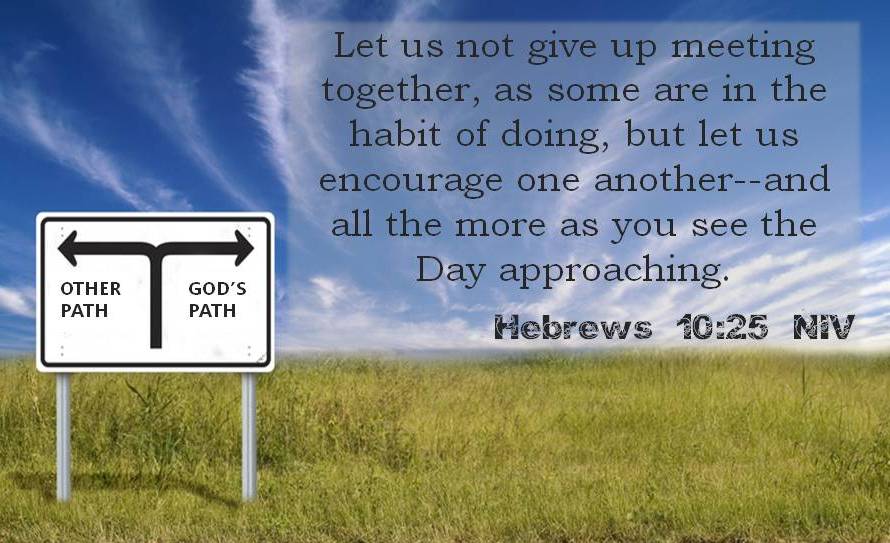Home | About Us | Directions | Bulletins | Sermons & Audio | Cross Of Christ Studies | Classes | Student and Parent Resource Page | Dangers Facing the "Non-Traditional"
God's Way
by Sewell Hall
The problem of disinterested people is not new. It existed in some places even in the first century. Paul said it existed in Corinth. “For indeed Jews ask for signs and Greeks search for wisdom; but we preach Christ crucified, to Jews a stumbling block and to Gentiles foolishness” (I Corinthians 1:22-23).
Paul had the power to offer signs to the Jews and the knowledge to compete with the Greeks in worldly wisdom. The philosophy described above would have suggested advertisement of a lecture on “The Judiastic Philosophy in the Roman World.” Obtaining his audience with this, he could then slip in a little about Jesus and the cross. But this was not Paul’s approach, as he told us: “For I determined to know nothing among you except Jesus Christ and Him crucified” (1 Corinthians 2:2). Human philosophy and human wisdom had no place in Paul’s plan for saving the lost in Corinth.
Preaching only the gospel, of course, Paul could have announced himself as “Dr. Paul, graduate of the University of Gamaliel, noted author, world traveler, inspired and dynamic lecturer.” Rather, he says, “And when I came to you, brethren, I did not come with superiority of speech or of wisdom, proclaiming to you the testimony of God … I was with you in weakness and in fear and in much trembling, and my message and my preaching were not in persuasive words of wisdom, but in demonstration of the Spirit and of power, so that your faith would not rest on the wisdom of men, but on the power of God” (1 Corinthians 2:1, 3-5).
Worldly appeals simply cannot save lost men. And to attach them to the gospel is to cheapen the good news of Jesus Christ. By such appeals we may increase numbers and even “make waves,” but such individuals in the local church are liabilities rather than assets. As materials in God’s building they are classified as “wood, hay, and straw.” Paul warns against building such material into the church: “According to the grace of God which was given to me, like a wise master builder I laid a foundation, and another is building on it. But each man must be careful how he builds on it …. Now if any man builds on the foundation with gold, silver, precious stones, wood, hay, straw, each man’s work will become evident; for the day will show it because it is to be revealed with fire, and the fire itself will test the quality of each man’s work” (I Corinthians 3:10, 12, 13).
Other Articles by Sewell Hall
A Godly View of Sin
Love Finds a Way
Dangerous Preaching
Confusion and Transgression
Rearing Unselfish Children
Five Smoot Stones of Parenting
Why Do Churches of Christ Differ So Widely?
Is Only One Church Right?
For Past Auburn Beacons go to:
www.aubeacon.com/Bulletins.htm
Anyone can join the mailing list for the Auburn Beacon! Send your request to:
larryrouse@aubeacon.com









